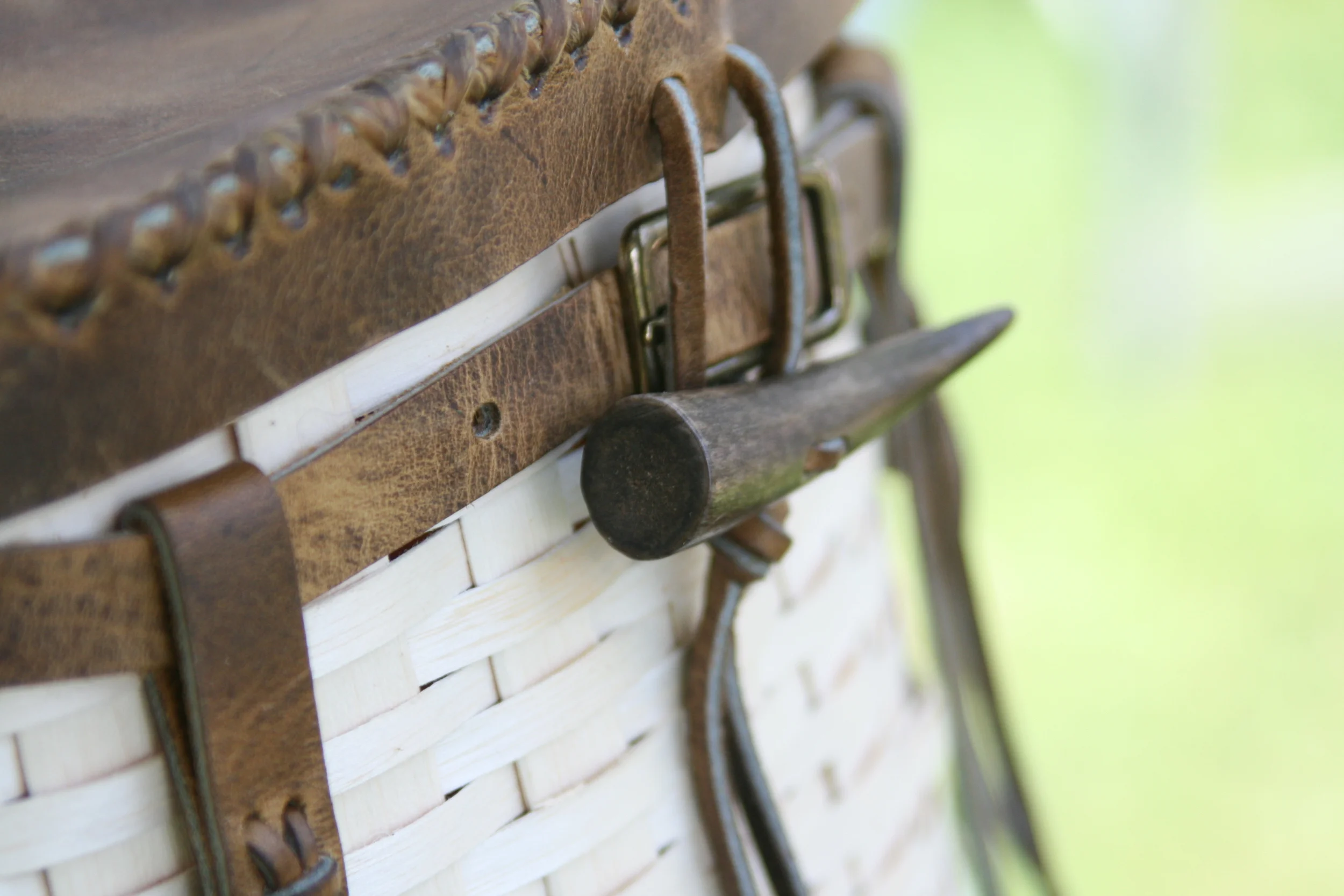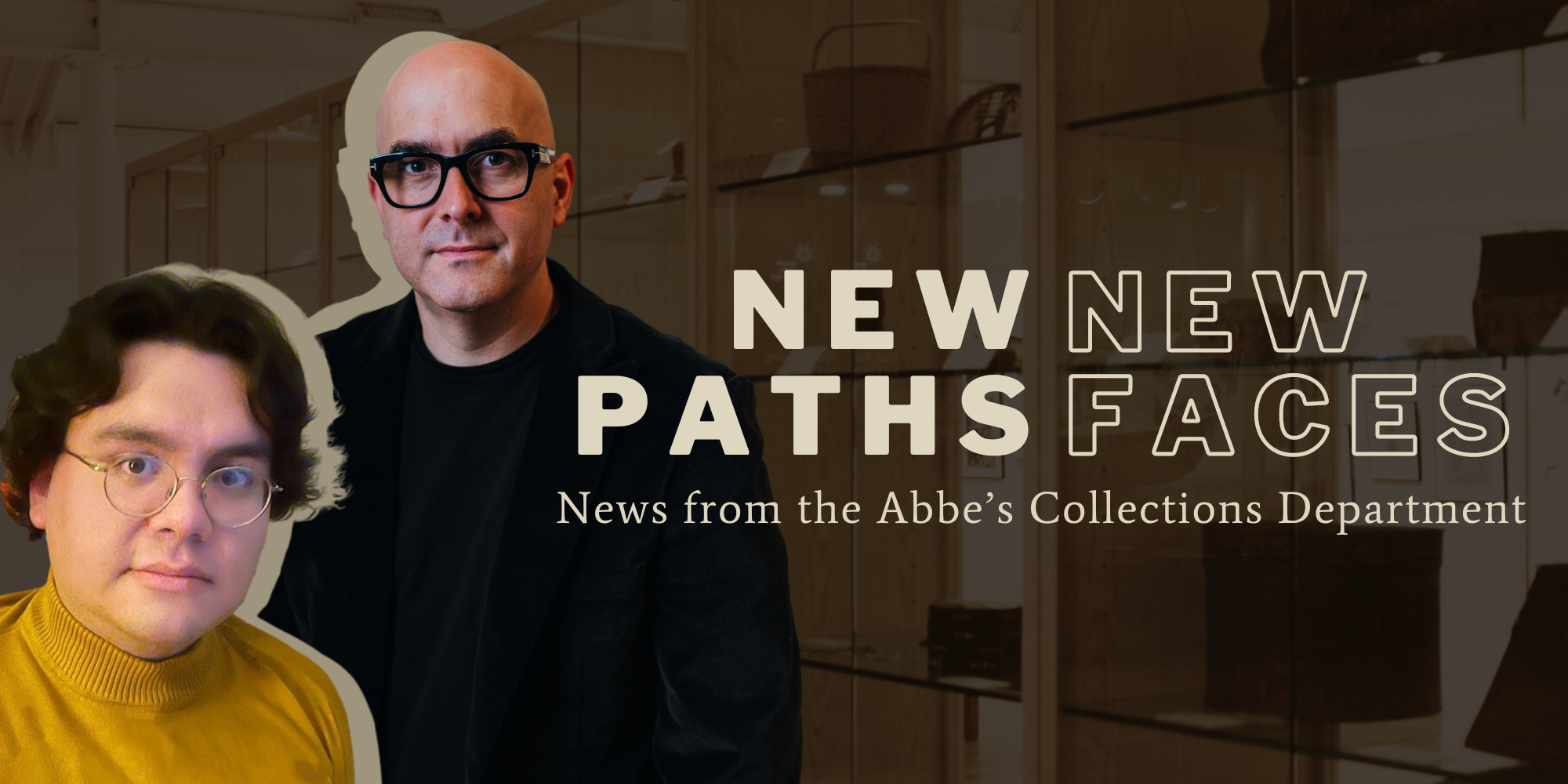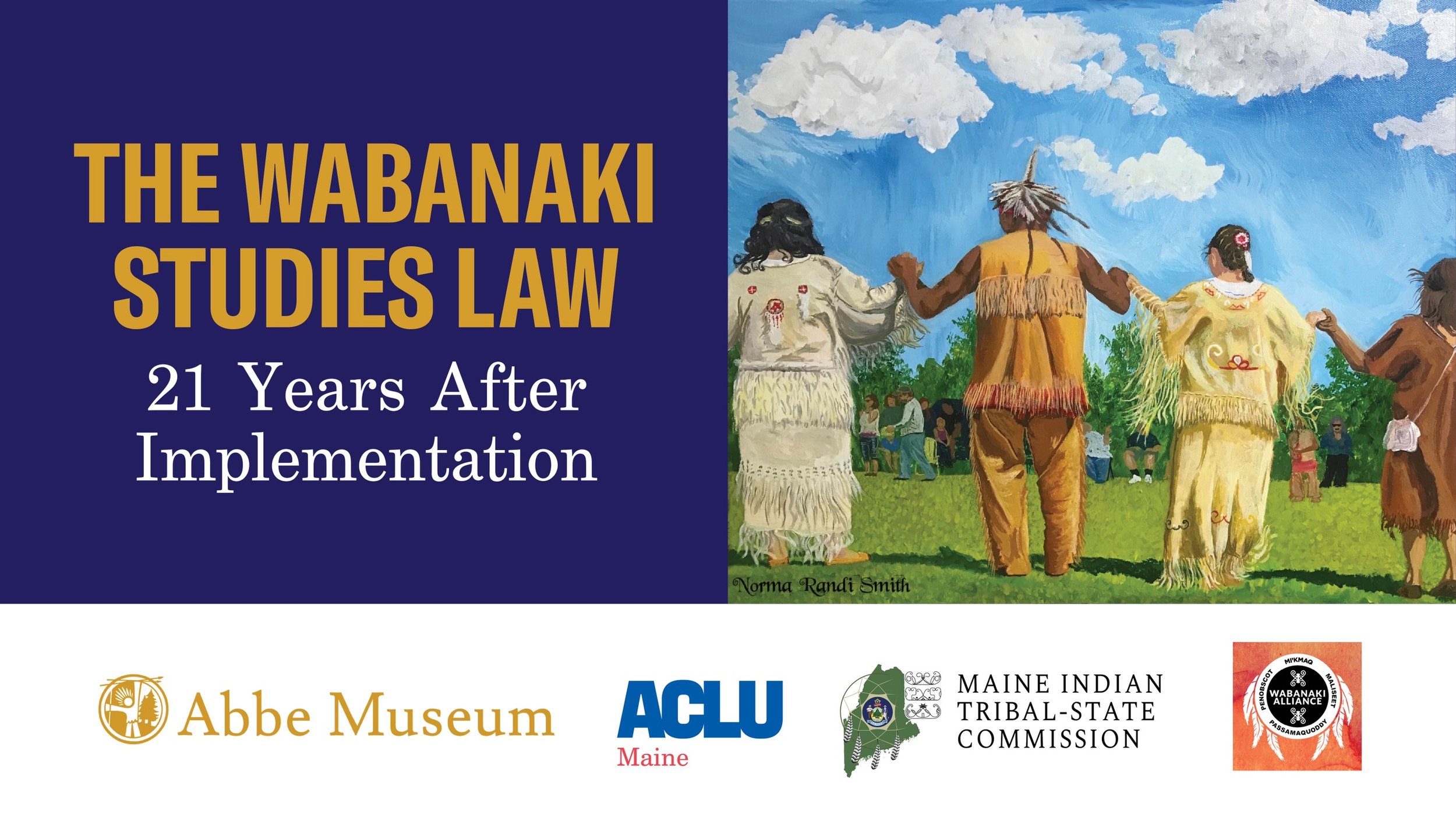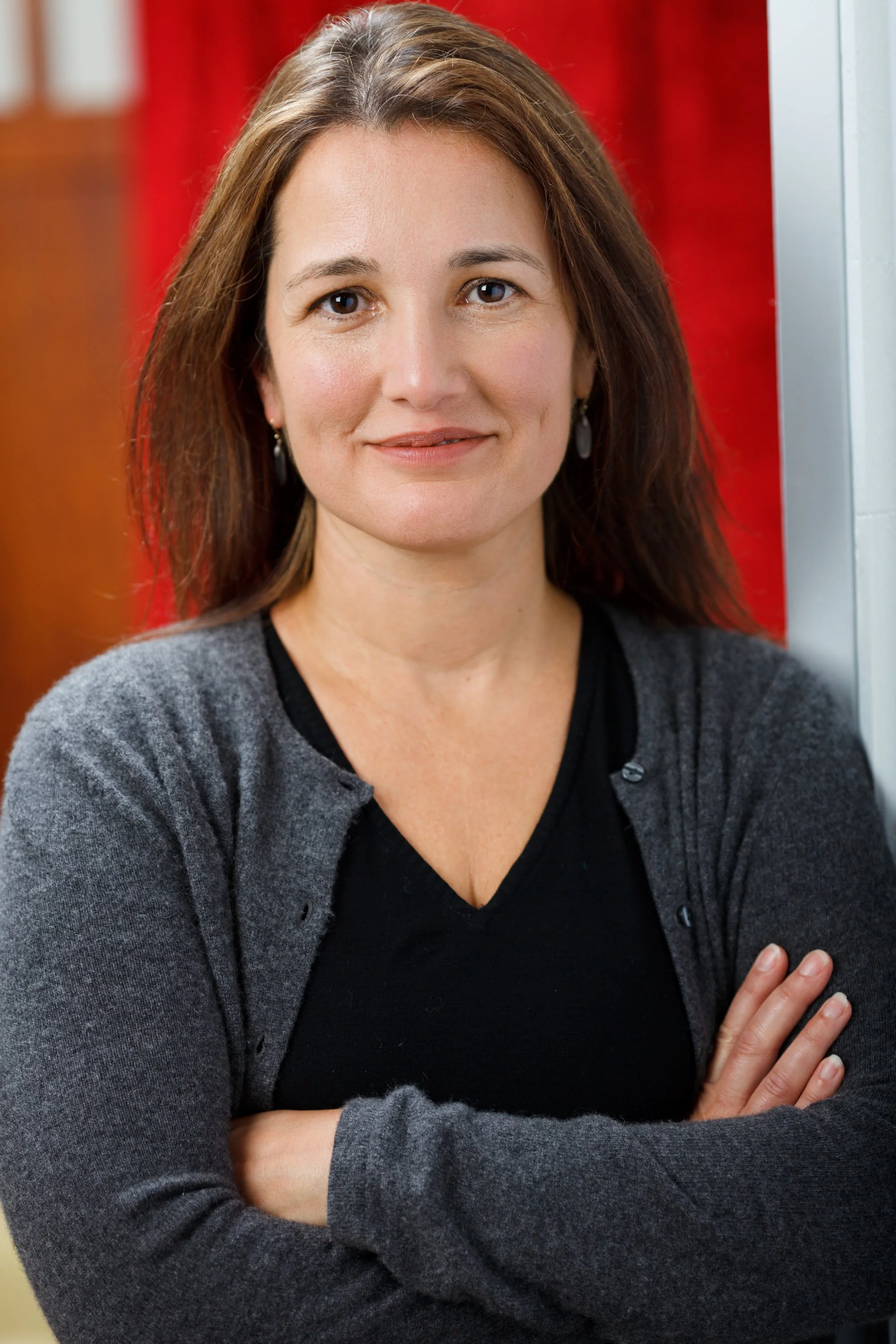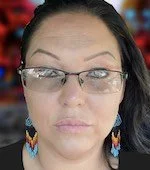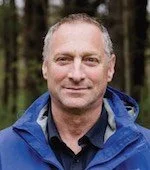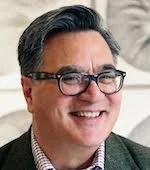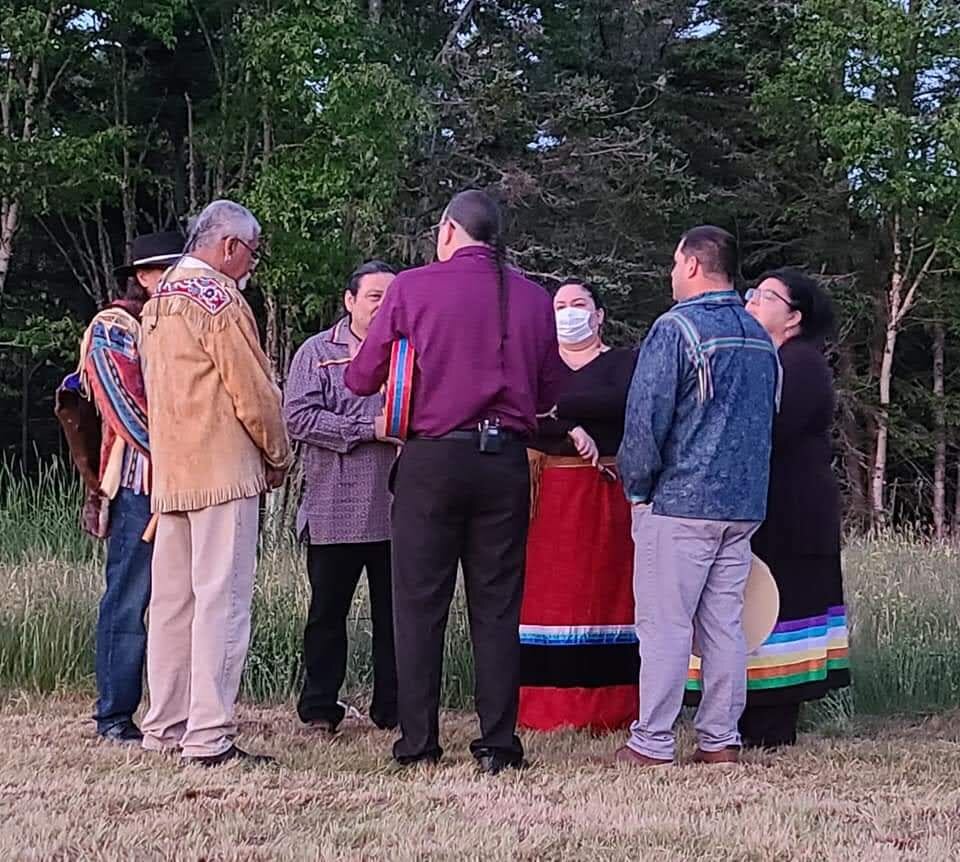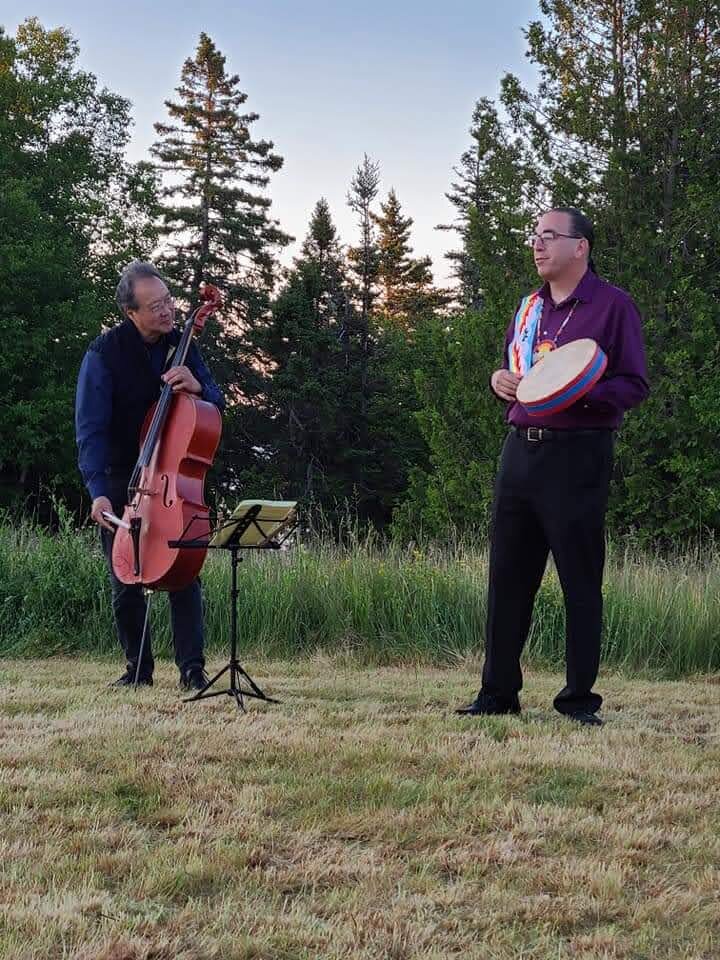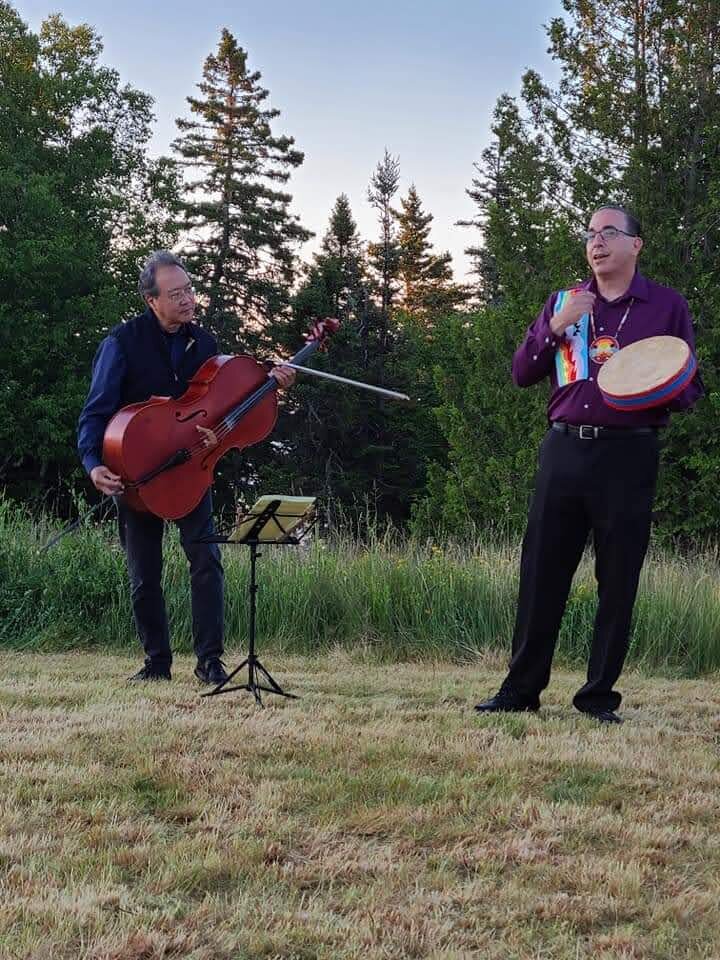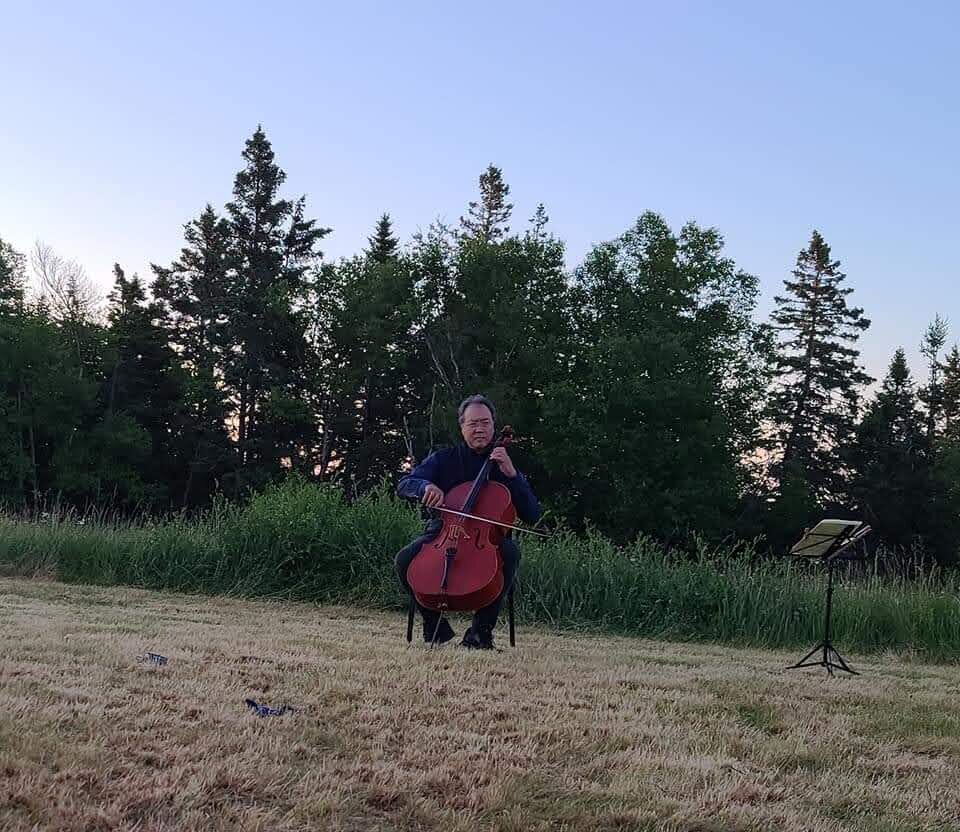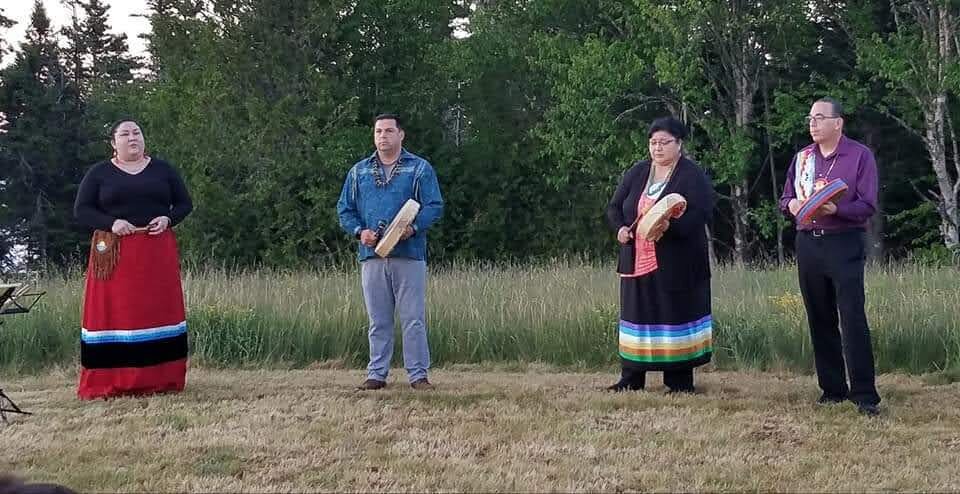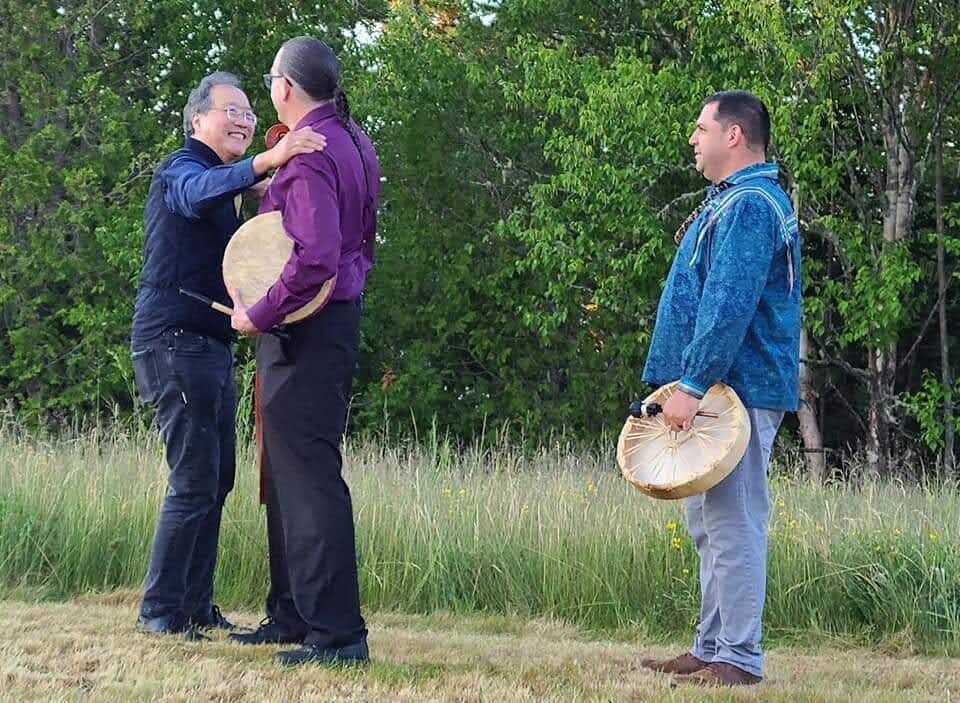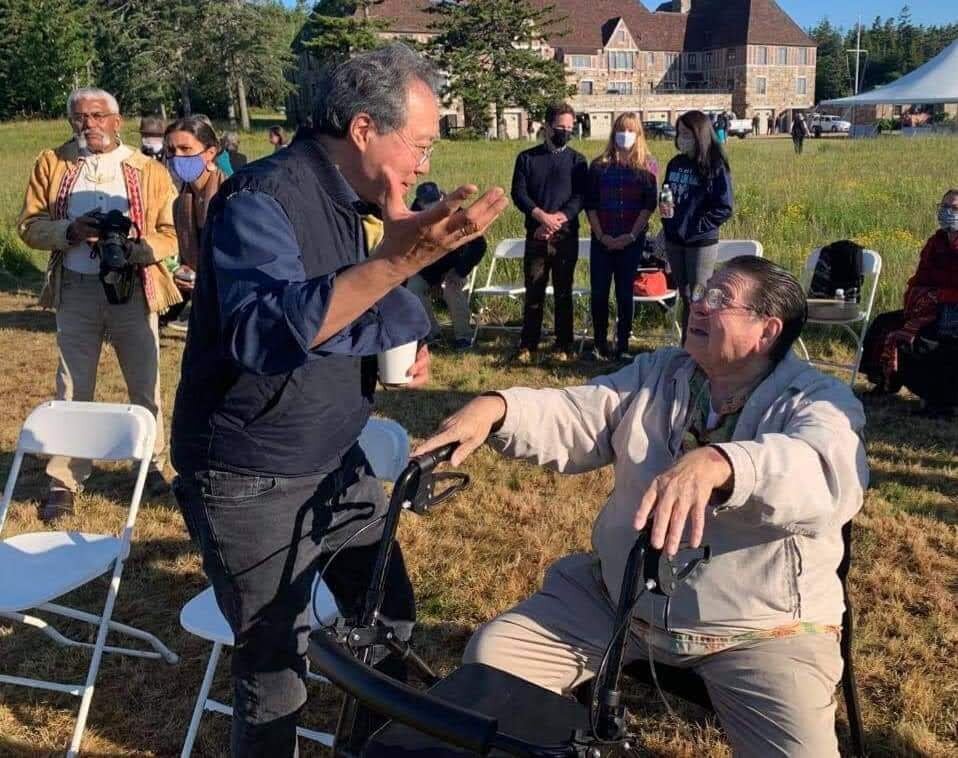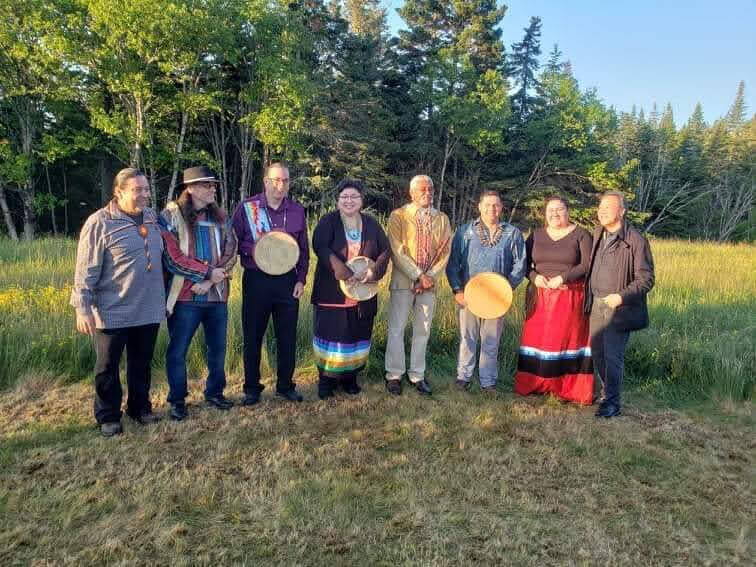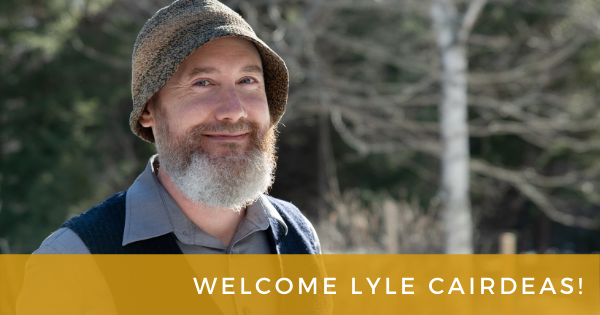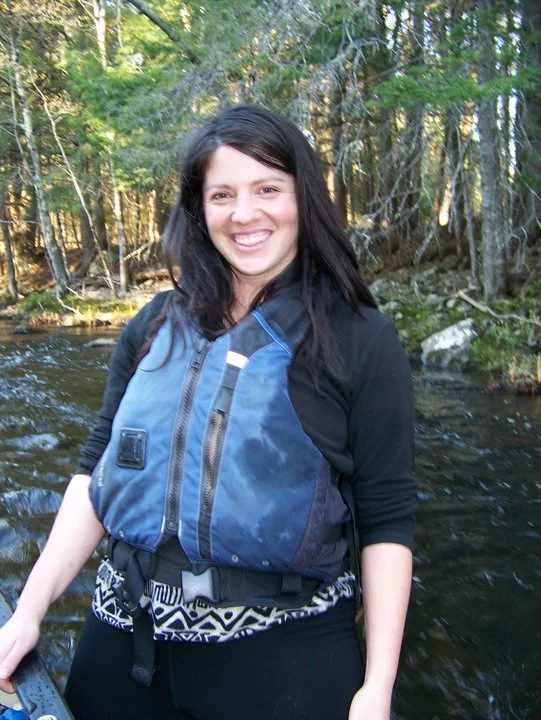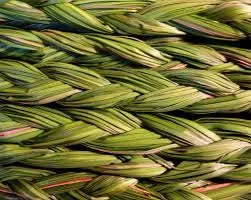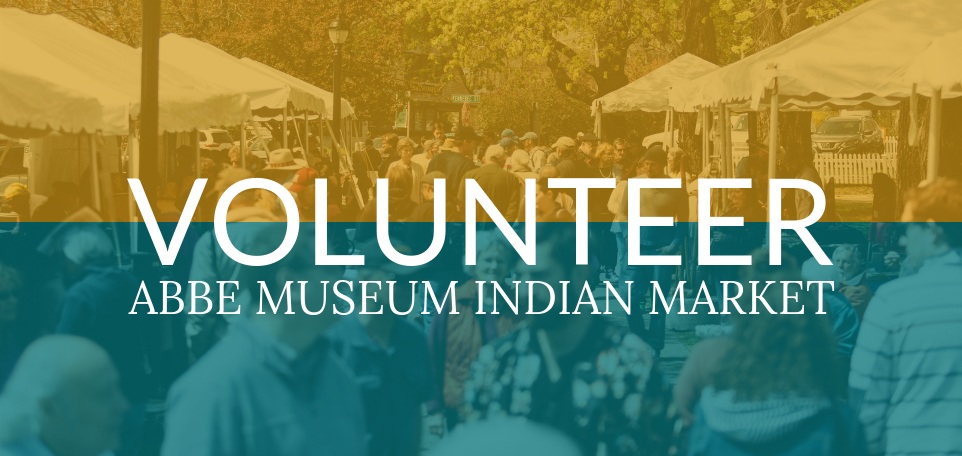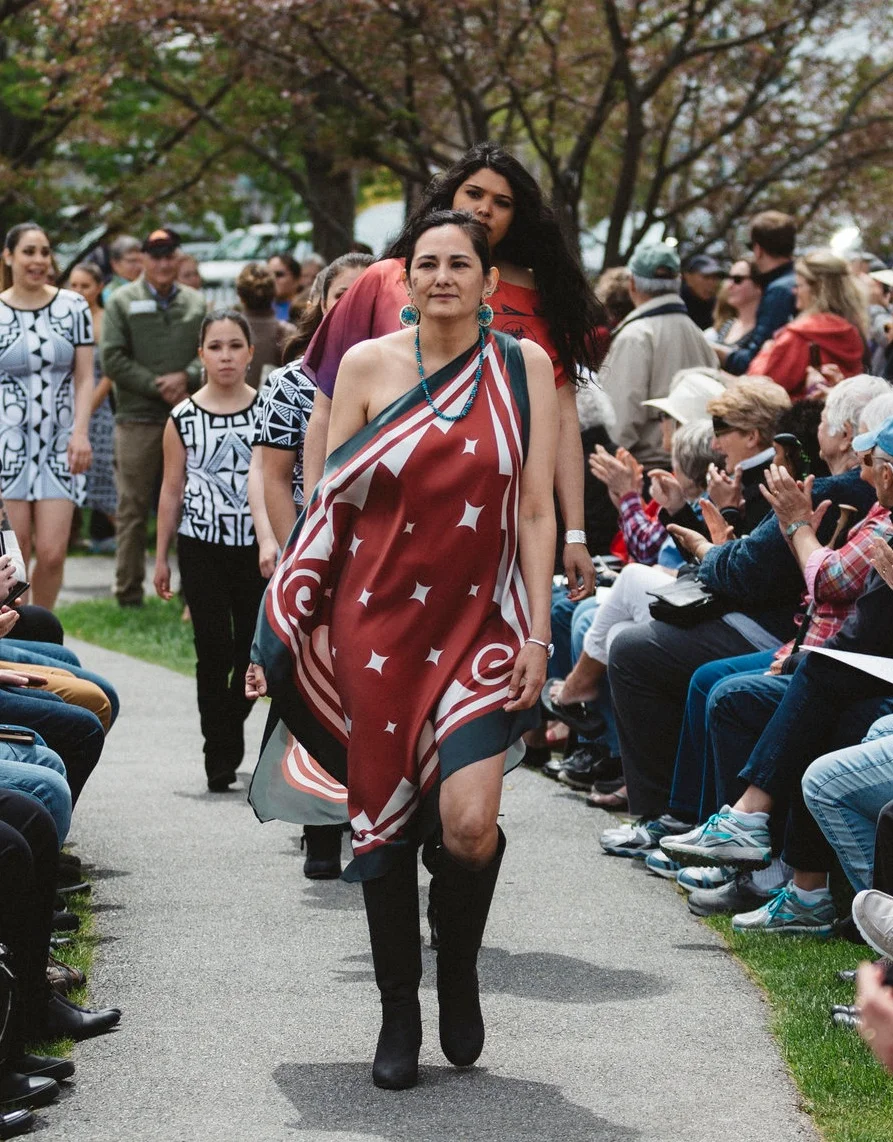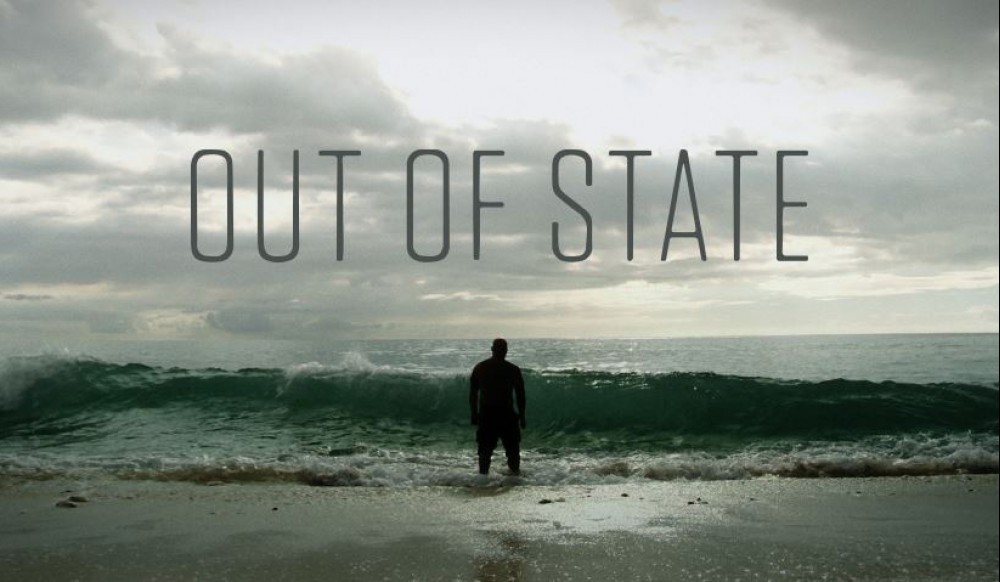Native to New England, sweetgrass can be found locally within Acadia National Park in grassy stands that appear to glow in the early morning light. The plant is easily identified by its sweet, hay-like scent, which many describe as similar to vanilla. Sweetgrass continues to be an important resource for the Wabanaki as a medicinal plant and for its use in basket making.
As is often the case with colonized land, Wabanaki basket makers have been forced to contend with a number of limits on access to sweetgrass and other resources like black ash trees imposed by private landowners and harvesting restrictions instituted within Acadia National Park. Recently, however, studies like those conducted by Suzanne and her team of botanists in conjunction with Wabanaki harvesters have called into question the necessity of the Park’s strict harvesting regulations, given the sustainability of Native gathering techniques. Suzanne’s research sets a precedent for new models of harvesting access which could have implications throughout the National Park Service.
Methodology and Findings
Suzanne’s work employs a participatory research methodology, which in the context of sweetgrass harvesting engages with Native harvesters as active participants, recognizes the practical role of findings as agents of change, and allows for methods to evolve throughout the research process. Anticipated outcomes of Suzanne’s research include a greater understanding of the efficacy of TEK as it relates to sweetgrass harvesting as well as the expansion of access to sweetgrass within Park boundaries for Wabanaki harvesters who have cultivated an intimate knowledge of this culturally significant resource for generations. In 2016, federal regulations against harvesting sweetgrass within Acadia National Park were relaxed for Wabanaki gatherers intending to use sweetgrass in traditional ways. Still, Suzanne hopes, more can and will be done to reconnect Wabanaki harvesters with culturally significant sweetgrass plots in the near future.
Suzanne highlighted the fact that the sustainable harvest of sweetgrass is a priority among Indigenous harvesters. The common understanding among the harvesters who worked with Suzanne is that “if it doesn’t give itself to you, it’s not sweetgrass. Don’t take it.” Additional studies have shown that when half of the sweetgrass in an area is harvested, the overall population remains unaffected in subsequent years. Suzanne’s preliminary findings recapitulated the common understanding among Native gatherers that regular harvesting enhances sweetgrass abundance and allows the species to flourish. Her study therefore provides an important example of the efficacy of Native stewardship, TEK, and the role of each in the maintenance of local biodiversity.
Cultural Significance
Suzanne’s research also points to the importance of practices related to sweetgrass within Wabanaki culture, especially during difficult times when the use of Wabanaki languages was prohibited or discouraged. “While [harvesters] couldn’t speak their language,” Suzanne told the audience, “they could harvest sweetgrass.” Sweetgrass harvesting also provides a meaningful connection to earlier generations. “Landscape remembers,” Suzanne impressed upon us. “Harvesters felt as if their ancestors were there with them.” The presence of sweetgrass in Koluskap narratives indicates the importance of this cultural keystone species for the Wabanaki, but, in this case, the sharing of such stories cannot entirely replicate the experience of engaging directly with the plant. “Culture is a practice,” Suzanne emphasized. “You can’t practice your culture from a book.”
TEK as Decolonization
Suzanne also discussed a focus on TEK as a tool for decolonization. She found that harvesters tended to defer to botanists though they themselves possessed a body of practical knowledge related to the species unparalleled by researchers. “Nobody ever said this was knowledge,” Suzanne explained. By reinstating TEK as a viable and valued way of understanding the natural world, Suzanne’s work highlights the practice of sustainable sweetgrass harvesting as a vital aspect of Wabanaki culture as well as its immense significance for those interested in the maintenance of local biodiversity or for those who just can’t get enough of the lovely scent of dried sweetgrass braided along the edge of a hand-woven ash basket. As an agent of change, her work calls for the continued expansion of Indigenous access to Park resources as well as the advancement of collaborative efforts between Acadia National Park and Wabanaki harvesters who have gathered sweetgrass, among other species, on Mount Desert Island for centuries.
To learn more about efforts to ensure the health and continuity of sweetgrass, please read:

